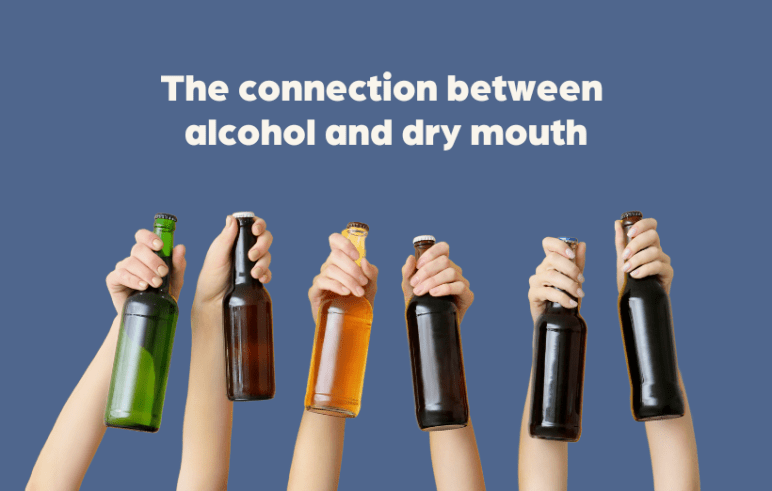FREE SHIPPING When you spend over $50
Xylitol
How does Xylitol help weight loss?

Good news! Xylitol is really good for helping weight loss! Xylitol contains 40% less calories than sugar. A teaspoon of Xylitol contains 9.6 calories while a teaspoon of sugar contains 15. Therefore replacing sugar with Xylitol could help your weight loss each week.
It is pretty well known that having a sweet tooth can be the downfall of many diets. The great thing about Xylitol is that it will satisfy that sweet tooth and actually help you lose weight. Xylitol also contains zero net effective carbohydrates where sugar contains 4 grams per teaspoon.
SmileStore has a number of Xylitol products you can try to help weight loss. Try replacing sugar in your tea and coffee with Xylitol.
1. Your teeth will be happy!
Studies using xylitol as either a sugar substitute or a small dietary addition have demonstrated a dramatic reduction in new tooth decay, along with arrest and even some reversal of existing dental cavities. The xylitol benefit is long-lasting and possibly permanent. Low decay rates persist even years after the trials have been completed.
2/. It’s 100% natural
Xylitol is not an artificial substance, but is widely distributed throughout nature in small amounts.
3. It’s safe
In the amounts needed to prevent tooth decay (less than 15 grams per day), xylitol benefits and is safe for everyone. The World Health Organization has given xylitol its safest rating for food additives.
4. It’s convenient to use
Xylitol can be conveniently delivered to your teeth via chewing gum, tablets, or even mints. You don’t need to change your normal routine to make room for Xylitol.
5. It tastes great!
One of the best xylitol benefits is its great taste! Xylitol is a health regimen that doesn’t require iron willpower or discipline. Xylitol tastes so good, using it is easy, for both adults and children
·
Recent articles

oral health information
Alcohol and Dry Mouth
Understanding the connection between alcohol consumption and dry mouth.

